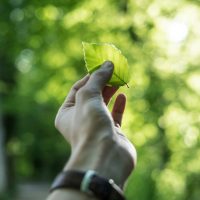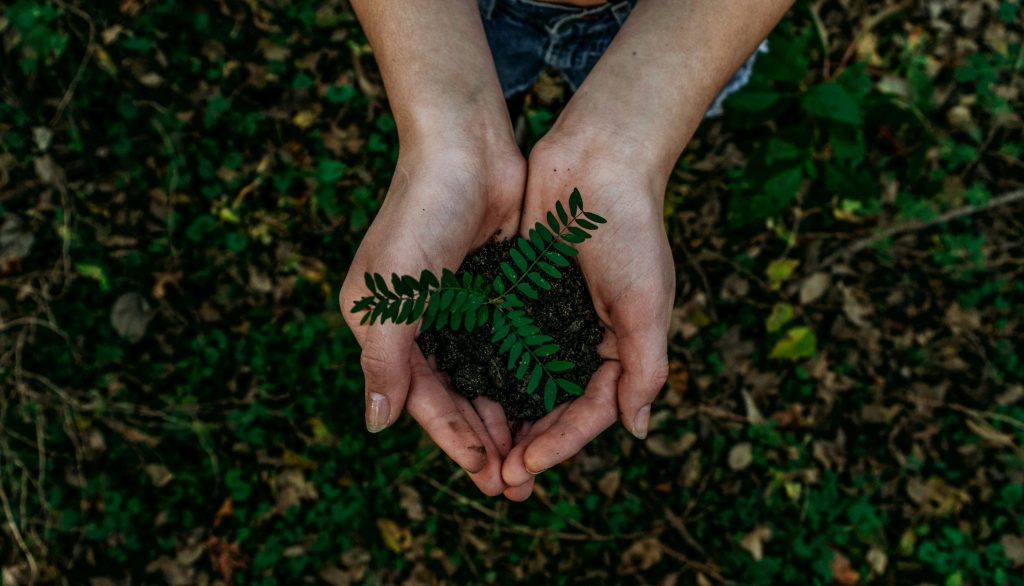Modelling Best Practices in Sustainable Tourism Education: an Interactive Transfer Project

The project describes the integration of sustainable tourism into curricula through the use of COIL (Collaborative Online International Learning). The aim is to strengthen the awareness and skills of students with regard to the proactive implementation of sustainable tourism practices. The methods used include desk research, expert interviews and intercultural teamwork with case studies.
The project is funded by the program line “WTZ – Scientific and Technical Cooperation” on a bilateral basis: Austria: ÖAD – Austrian Exchange Service; North Macedonia: Ministry of Education and Science
SUSTOUREDU
ACRONYM
01/01/2024 - 31/12/2025
PROJECT DURATION
10,000
PROJECT BUDGET IN EUR

Ministry of Education and Science of North Macedonia, ÖAD
CLIENT/FUNDER
Description
Climate change awareness obliges tourism to conserve resources and promote biodiversity. A prerequisite for this is the integration of sustainable tourism into curricula to equip future leaders and professionals with the necessary knowledge. Graduates with sustainability skills can influence industry practices, drive change and create innovation. In doing so, they must also understand the international dimensions of sustainability and consider the interrelationships and impacts of tourism on a global level.
This project shows that the integration of Collaborative Online International Learning (COIL) into higher education tourism curricula increases students’ awareness and competencies regarding sustainable tourism and supports proactive implementation of sustainable change in the tourism sector.
The results of the project will be published in the form of teaching guidelines, which will be made available on a joint project website. The students’ case studies will also be published there. The project partners will publish a joint scientific article showing how COIL can serve as a tool to promote students’ awareness of sustainable tourism.
Methods
To achieve this project goal, the following methods are used:
- Desk research to determine the extent to which sustainability is embedded in the institution’s existing curricula and strategic plans.
- Expert interviews with regional tourism developers to conduct a current analysis.
- Case studies in intercultural student teams to investigate sustainable tourism around Lake Neusiedl in Burgenland and Lake Ohrid in North Macedonia. The results will be presented and discussed in a joint online teaching unit.
- Evaluation to determine the extent to which the participants’ skills and competencies in the field of sustainable tourism have been deepened. Each project partner will then present the results of the case studies to a larger audience and take part in a joint excursion to the regions studied.